Quote Of The Day: Picking Favorites Edition
It’s difficult to compete globally when governments try to pick the winning technologies and the direction changes from administration to administration… the U.S. government is going a bit too far in trying to dictate the powertrain technologies of the future.
BorgWarner CEO Tim Manganello tells Green Car Advisor what he really thinks of the billions of government dollars that have gone into the electric car industry of late. And though the supplier boss clearly has a personal interest in non-EV efficiency solutions (namely dual-clutch transmissions which require some kind of combustion engine), he’s also got a point. Why is the government lavishing unproven (luxury) startups like Tesla and Fisker with hundreds of millions in federal largess, while doing next to nothing to increase the market penetration of proven technologies like clean diesel or natural gas?
More by Edward Niedermeyer



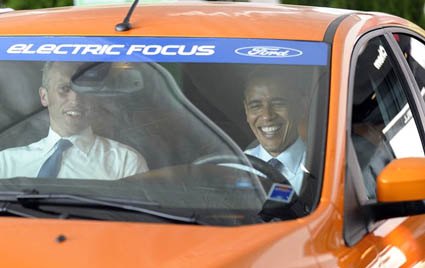















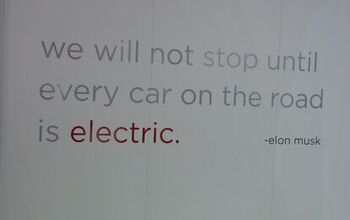
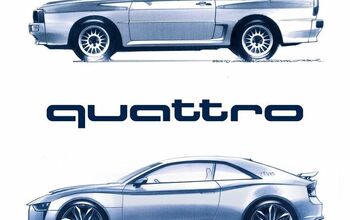
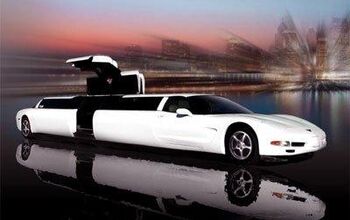

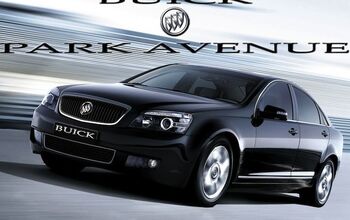










Comments
Join the conversation
No, sometimes you do need government involvement and public money to help "pick a winner". The private sector is far from perfect when it comes to investing in technologies with little short-term ROI and/or a long incubation period and/or that stomp on an existing oligopoly's business model Case in point: the Internet. Anyone remember the state of online communication in 1990? Remember CompuServe, GEnie, Prodigy, the nascent AOL? Without government sponsorship, the internet wouldn't have come to fruition for the reasons above: it wasn't profitable, it did directly compete with private business and it's true usefulness only came about after it had incubated for some time. This is similar: there's no real money in sustainable transport now. There might not be for ten years, but do we really want to be forced to make the change at proverbial gunpoint? Government intervention is supposed to be proactive; it's supposed to plan for sea-changes and shield society from the (often brutal) market corrections. It's also supposed to plan for a better future and not wait until things get so horrible that it's change or die. The problem is when progressive planning is compromised because of existing interests, and that's as much the responsibility (and fault) of government and industry. I suspect that, if CompuServe or GE had gotten a whiff of the internet's potential they would have done everything in their power to knife it in the cradle, much like the way incumbent telecomm companies are trying to kill commodity wireless today, or the way Chevron has managed to hamstring BEV development by patent hoarding.
Nice pic! The Prez looks happier in a Ford than in a Chevy.
One thing holding CNG back is the available CNG cars all stink on ice except possibly the full size pickups. Since the major customers are all government or business fleets, only fleet quality vehicles ever get enough interest for EPA certification. My low cost solution would be less EPA regulation, not more subsidies. Allow small volume CNG conversion without EPA testing and focus most of the regulation on the safety of generic fuel tanks that fit many different vehicles. I agree that the low density of natural gas, methane, is problem, but it's better than the density of hydrogen and, unlike hydrogen, methane exists in nature both associated with oil and separate from it. Methane exists in some shale formations, in coal beds, as methane hydrates, etc. In addition, anaerobic digestion of organic matter makes new methane. http://en.wikipedia.org/wiki/Shale_gas http://en.wikipedia.org/wiki/Methane_clathrate
He doesn't have a point - He's just bitching about not getting more government help (Would he really be selling so many DI gas turbochargers and DCTs without CAFE increases?). You don't turbocharge an EV. Here's the full text of BorgWarner's official comment filed with the EPA and NHTSA on the NPRM for CAFE: "BorgWarner would first like to commend the EPA, NHTSA and the State of California for their combined efforts to harmonize the standards in this very thorough joint proposal. [NHTSA 2009-0059-0076, p.1] 1-8 General Comments BorgWarner is very supportive of EPA, NHTSA and the State of California's efforts and sees the joint proposal as a major step forward in our desire for energy independence and reduced CO2 emissions. [OAR-2009-0472-7289, p.3]" Now what was that about Tim wanting the government to restrain itself? Seems like a different tune when he was actually asked by the government for his opinion.